Understanding the Metaverse: An Introductory Workshop for Educators
What is the Metaverse?
The term Metaverse is increasingly becoming a buzzword in tech circles, education, and beyond. But what does it mean? At its core, the Metaverse refers to a collective virtual shared space, created by the convergence of virtually enhanced physical and digital reality. It’s where the physical and digital worlds merge in intricate ways, paving the way for new experiences that are anchored in community, creation, and learning. This immersive digital landscape is expanding daily, shaped by the vast number of participants interacting within it.
Potentials of the Metaverse in Education
For educators, the Metaverse presents a plethora of opportunities to engage with students in dynamic, interactive ways. By leveraging virtual reality (VR) and augmented reality (AR), teachers can create immersive educational experiences. Imagine history lessons where students can virtually walk through ancient cities or biology classes that allow them to step inside a human cell. The potential extends beyond just engagement; it also includes personalized learning paths and global collaboration. The Metaverse enables educators to transcend physical classroom boundaries and connect with peers and experts worldwide.
- Engage students with immersive lessons
- Offer personalized learning experiences
- Promote collaboration across global classrooms
Getting Started in the Metaverse: Practical Steps for Educators
Embracing the Metaverse may seem daunting, but with the right guidance, educators can navigate this new horizon with ease. The first step is familiarizing oneself with VR and AR technologies. This involves experimenting with VR headsets and exploring educational apps designed for these platforms. Next, educators should consider how to integrate these experiences into their curriculum in alignment with learning objectives. Participation in online communities and workshops, like the one you are reading about, can provide valuable support and resources for this journey.
- Become acquainted with VR and AR technologies
- Explore and evaluate educational apps
- Integrate immersive technologies with curriculum goals
- Join online educator communities for support
Designing Interactive Learning Experiences in the Metaverse
Understanding the Metaverse as a Learning Platform
The Metaverse holds tremendous potential as a platform for interactive learning. With its ability to simulate real-world scenarios and provide immersive experiences, the Metaverse offers a unique environment where learners can engage in a variety of educational activities. Virtual reality (VR) and augmented reality (AR) elements within the Metaverse allow users to interact with educational content in ways that traditional learning environments cannot match.
Engaging with Digital Avatars
One significant aspect of the Metaverse for education is the use of digital avatars. Students can personalize their avatars and interact in a shared virtual space, collaborating and communicating as if they were physically together. This interaction is not only engaging but also promotes social learning and the development of soft skills such as teamwork and communication.
Hands-on Learning Through Simulation
Moreover, the Metaverse allows learners to experiment with hands-on activities in a safe and controlled environment. For instance, a virtual chemistry lab lets students conduct experiments without the risk of handling dangerous chemicals while a historical simulation can transport them back in time to witness historical events first-hand.
Design Principles for Metaverse Educational Content
When designing interactive learning experiences for the Metaverse, it is essential to apply specific design principles that cater to the virtual world. Authenticity in educational content is vital; the learning materials should accurately represent real-world situations to ensure they are useful and relevant.
Immersive Storytelling and Gamification
Immersive storytelling techniques and gamification can boost engagement and retention of information. Crafting interactive narratives where learners play an active role in the story can make the learning experience memorable. Gamified quizzes, challenges, and reward systems can add a layer of excitement and competition, encouraging students to progress through their educational goals.
Accessibility and Inclusivity
Additionally, it is crucial for content to be accessible and inclusive. This means creating experiences that cater to diverse learning styles and needs, ensuring that every student has the opportunity to engage with the content effectively. Accommodating different sensory and cognitive abilities, as well as providing multiple forms of content delivery, can help to create an equitable learning environment in the Metaverse.
Creating Collaborative Spaces in the Metaverse
A fundamental feature of the Metaverse is its ability to foster collaboration among participants. Interactive learning experiences should be designed to take advantage of this by creating spaces where learners can work together on projects, share ideas, and receive feedback in real-time.
Incorporating Social Tools for Learning
Integrating social tools such as chat systems, bulletin boards, and shared virtual workspaces encourages a collaborative study atmosphere. These tools support peer-to-peer learning and allow instructors to facilitate group discussions and activities seamlessly within the Metaverse.
Tracking Progress Through Virtual Learning Environments
It is also valuable to integrate mechanisms for tracking progress and providing instant feedback. For example, virtual badges and progress bars in the Metaverse can serve as indicators of a learner’s achievements and areas for improvement. With these insights, educators can tailor the learning experience to better support individual growth.
Immersive Metaverse Tools: Boosting Engagement in Virtual Classrooms
The Rise of Virtual Learning Environments
In a digitally-driven world, virtual learning environments have become the backbone of modern education. These platforms break the boundaries of traditional classrooms by offering an interactive experience where students and educators can connect regardless of location. As online education continues to evolve, immersive metaverse tools are leading the charge, transforming passive participation into a dynamic, engaging process that rivals in-person interactions.
Interactive Features of Metaverse Tools
Metaverse-based education platforms come equipped with a vast array of interactive features designed to enhance student engagement. These tools often include realistic 3D representations of classroom settings, customizable avatars for students and teachers, and the ability to host live discussions and collaborative projects. By leveraging the power of virtual reality (VR) and augmented reality (AR), metaverse tools create rich, immersive learning experiences that foster active participation and elevate the educational process.
Benefits of Enhanced Engagement in Learning
- Increased knowledge retention due to interactive lessons.
- Improved collaboration through shared virtual workspaces.
- Higher rates of student satisfaction as classes become more lively and less monotonous.
- Access to a global classroom that allows for diverse perspectives and cross-cultural learning.
Adopting Metaverse in Educational Institutions
To fully realize the potential of metaverse tools in education, institutions must embrace these technologies and integrate them into their curricula. Transitioning to a metaverse-enabled classroom might seem daunting, but with widespread internet access and the growing availability of VR and AR equipment, schools have an unprecedented opportunity to reshape the educational landscape. By investing in training for educators and establishing the necessary IT infrastructure, these tools can become an indispensable part of the educational toolkit, providing students with a compelling, engaging, and ultimately more effective learning experience.
Real-World Application: How Metaverse Workshops Enhance Learning Outcomes
Interactive learning environments are crucial in fostering the skills necessary for navigating the complexities of the digital era. Metaverse workshops have emerged as a cutting-edge tool in this space, offering immersive experiences that bridge the gap between knowledge and application. These virtual workspaces provide students and professionals alike the opportunity to engage in real-world scenarios without the physical limitations of traditional classrooms.
Immersive Learning Through Virtual Simulation
Metaverse workshops allow learners to partake in virtual simulations that replicate actual industry environments, enabling them to practice and hone their skills in a controlled, but realistic setting. This hands-on approach to learning circumvents the risks and costs associated with on-the-job training, while still ensuring a practical exposure to professional tasks and decision-making processes.
Collaboration and Teamwork Across Borders
In the Metaverse, geographical boundaries dissolve, allowing collaboration to take the front seat. Workshops in the Metaverse encourage participants from around the globe to come together and tackle projects as a team. This inherently nurtures cross-cultural communication and the ability to work effectively with diverse groups – competencies that are highly valued in the global market.
Retention and Engagement Through Gamified Learning
Gamification elements within the Metaverse workshops significantly improve retention rates and engagement. The competitive and interactive features of the Metaverse keep learners motivated and invested in outcomes. By transforming educational content into a game-like scenario, these workshops make the learning process more dynamic and enjoyable.
Up-to-Date Knowledge with Real-Time Updates
Another key advantage of Metaverse workshops is their capacity for real-time content updates. As industries evolve, so must educational materials. Virtual workshops can be modified with the latest information, guidelines, and processes without logistical constraints, ensuring that learners are always up-to-date with the most current standards and practices.
- Virtual simulations for risk-free, real-world practice
- Global collaboration and networking opportunities
- Improved learning engagement through gamification
- Constant content updates for current and relevant learning
Navigating the Challenges: Best Practices for Moderating Metaverse Workshops
Navigating the Challenges: Best Practices for Moderating Metaverse Workshops
In an evolving digital age, virtual spaces are becoming increasingly popular for collaborative learning and workshops. The Metaverse, a shared virtual realm, offers remarkable opportunities for interaction and engagement. Nevertheless, moderating workshops within this innovative space entails several challenges. This blog post seeks to enlighten aspiring moderators on how to facilitate effective workshops in the Metaverse, focusing on the core strategies that enhance participant experience while ensuring a smooth and impactful session.
Establishing Clear Communication Protocols
Communication is the linchpin of any successful workshop. In the Metaverse, moderators must establish clear communication protocols to manage conversations and interactions effectively. Here are a few tips:
- Set expectations early regarding how participants should signal they wish to speak.
- Leverage platform features for private messaging to handle queries without disrupting the flow of the workshop.
- Provide a concise guide on technical aspects and etiquettes before the workshop begins.
Engaging Participants through Interactive Elements
To keep the audience captivated, a Metaverse workshop should incorporate interactive elements. The immersive nature of the Metaverse allows for innovative engagement strategies:
- Introduce virtual breakout rooms to facilitate small group discussions.
- Utilize polls and quizzes to maintain a high level of engagement and measure understanding.
- Encourage the use of virtual reactions like emoji responses to foster a sense of community.
Maintaining Workshop Flow
Maintaining the flow of the workshop is critical to keeping participants on track. Effective moderators must:
- Balance the workshop schedule with flexibility to adapt to dynamic discussions.
- Skillfully steer conversations back to the main objectives when necessary.
- Take periodic pauses to summarize learnings and allow participants to absorb content.
Ensuring Inclusivity and Accessibility
Creating an inclusive environment is paramount for a productive workshop. Moderators should employ strategies to make sessions accessible and comfortable for all:
- Provide resources in multiple formats to cater to different learning styles and abilities.
- Be mindful of time zones and available accessibility tools when scheduling the workshop.
- Monitor participant involvement to ensure that everyone has an opportunity to contribute.
Handling Technical Difficulties and Challenges
In the face of potential technical issues, moderators must be prepared to act swiftly and effectively:
- Have a troubleshooting guide ready for common technical problems.
- Keep backup communication channels open in case of major platform issues.
- Train a co-moderator to manage the workshop in case of unforeseen difficulties.
Final Thoughts on Effective Metaverse Workshop Moderation
The role of a moderator extends beyond simply guiding a workshop. It is about creating an environment that is conducive to learning, interaction, and growth. By adhering to these best practices, moderators can confidently navigate the challenges of the Metaverse and deliver workshops that are not just effective, but also enjoyable and memorable for all participants.

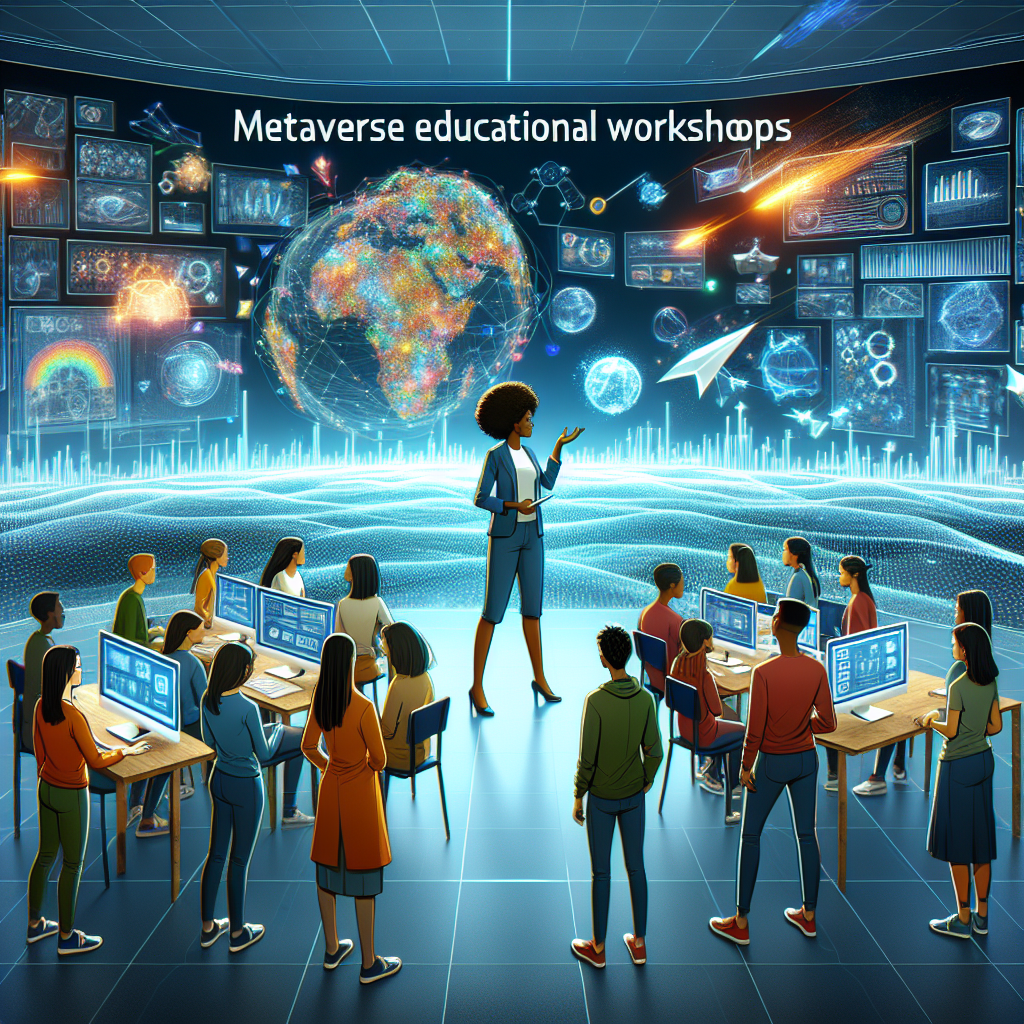
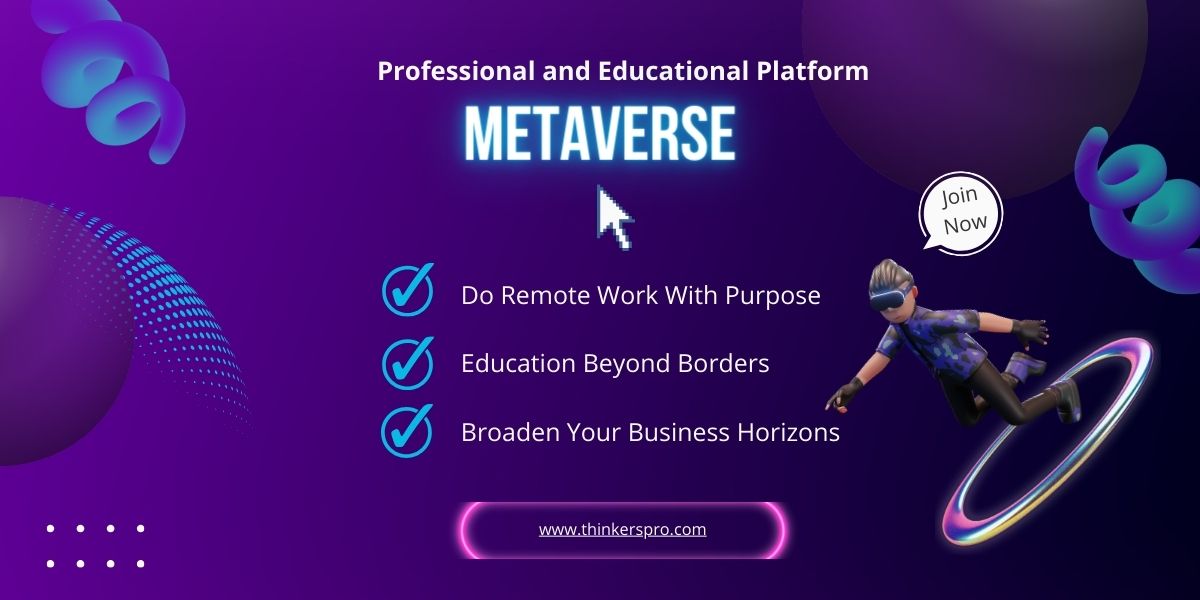
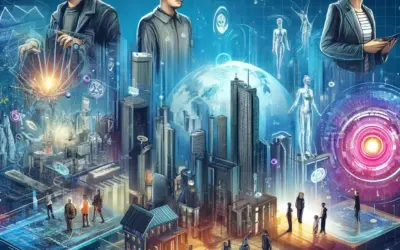

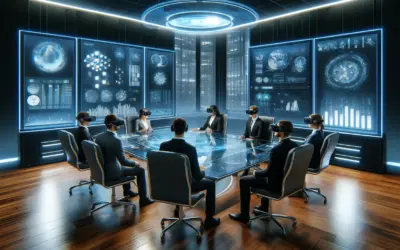
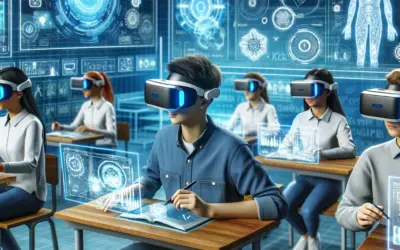
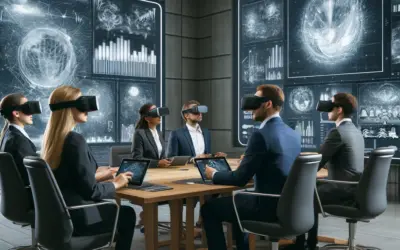
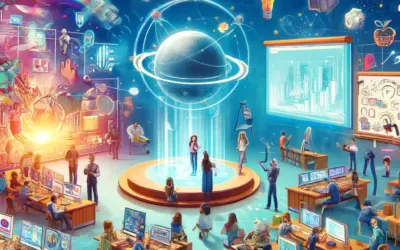
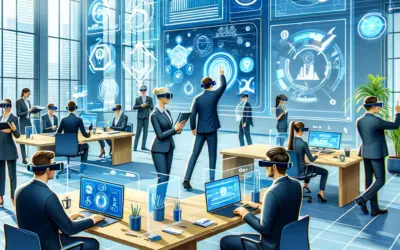



0 comentarios